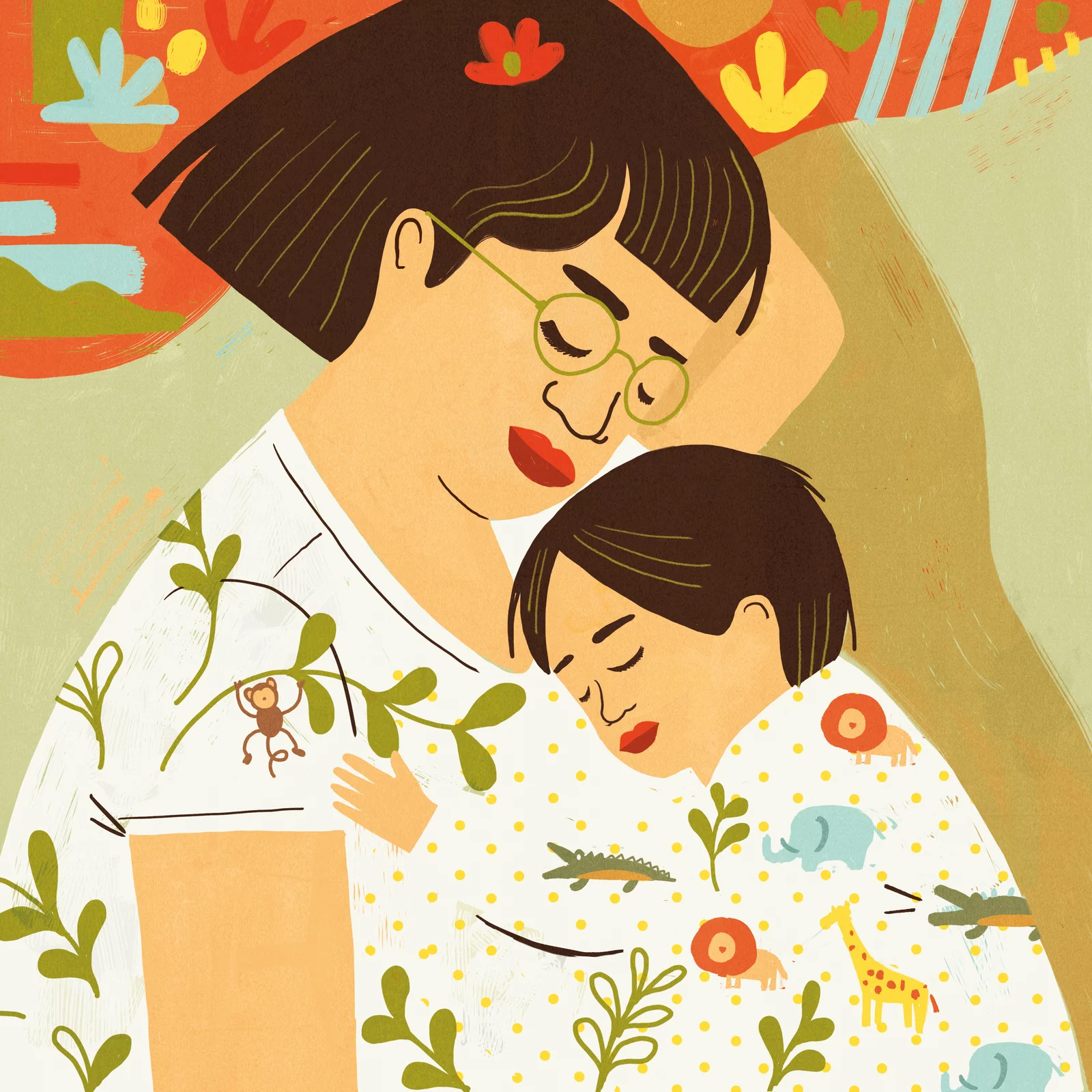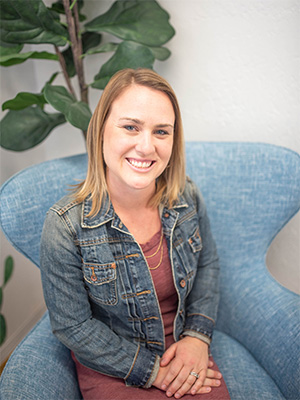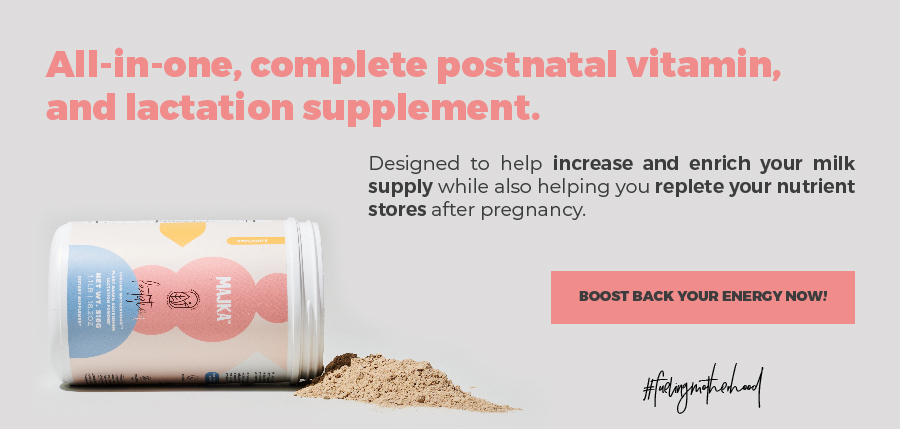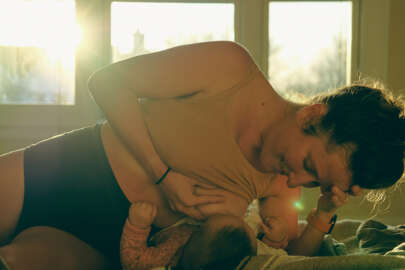
Some of the many questions that a parent has about their baby’s routine has to do with sleep patterns, and a specific one is: is it ok if my baby sleeps with me? Also, should I share my bed with my baby? Is it good for my baby to sleep in a different room?.
In this article you will find answers regarding where and how your baby should sleep, what has been found in studies and what professionals say about it, so you can make the choice that you consider best for your family.
Co sleeping
Co sleeping is what happens when you sleep in close contact with your baby and both of you can know and feel that the other is nearby. co sleeping can be in the same room in the same bed (bed sharing) or in the same room but your baby has his own crib or a bedside sleeper attached to your bed.
Bed sharing
Some parents believe that it is more convenient to share their bed with their baby to avoid waking up at night and finding their son/daughter to feed or calm him/her; as this would mean a shorter time of sleep for everyone and more effort. This is understandable since taking care of a baby takes out a lot of time and energy from the family dynamic; but we do have to be aware that there are recommendations made against this.
Even as bed sharing can be very convenient and also may feel nice to keep yourself very close to your baby, some professionals would tell you to not do this as it has been related to increasing the risk of suffocation, strangulation and sudden infant death syndrome (SIDS) if not done safely and following the guides to safe sleep. It’s important to mention that this affirmations are controversial and studies keep on going to clear it, but the mention is that parent´s bed are possible to have safety risk for babies such as:
- A baby being trapped between a mattress and headboard or wall causing suffocation.
- A soft mattress, memory foam, loose or soft bedding can also be a cause of suffocation.
- A part of a baby’s body could pass through an area of a bed frame or from dangling cords and get stuck.
Preterm babies and babies who had a low birth weight are known to be more of a risk for SIDs so it will be important to avoid bed sharing with them.
If you are aware of the risks that bed sharing have but you still want so share your bed with your baby, here are some things that you can do to make it as safely as possible:
- Don’t overdress your baby to avoid overheating.
- Put your baby to sleep on his/her back. Don’t fall asleep with your baby on your chest.
- Avoid placing your baby to sleep alone in an adult bed.
- Make sure your bed’s mattress is firm.
Make sure your bed’s headboard and footboard don’t have openings or cutouts.Make sure your baby doesn’t trap between the frame and the mattress.
Don’t cover your baby’s head while he/she is sleeping. Don’t use weighted blankets, pillows, sleepers, or swaddles on or around your baby. You can dress your baby in a sleeper instead of using blankets.
Don’t smoke, drink alcohol, or use medicines or drugs that can make you less alert or keep you from waking up.
* There isn’t a known product or device that has been scientifically proven to lower the risk of SIDS, don´t fall for that publicity.
Room sharing
Room sharing is a type of co sleeping but parents and babies do not sleep on the same bed, but the baby’s crib is in the same room or a bedside sleeper can be attached to the side of their bed.
When a baby is born, there is a practice of rooming-in which means to not separate the baby from the mother like it use to be, since this separation had implications for emotional and psychological development on moms and babies, this made the World Health Organization (WHO) and the UNICEF recommend to room-in as well. So, keeping your baby close in the same room when he/she is a newborn is a very good idea for his/her emotional and psychological development and also keeps you aware that everything’s ok.
If you are breastfeeding, having your baby close to you all the time helps, since breast milk is digested faster than formula and you may need to feed him/her more often.
How long should my baby sleep in the same room as me?
It would be nice and easy to have the exact things work the same for everybody, but the truth is that every family, every baby and every situation is different. The important thing is to have all the information necessary and to also keep a healthcare provider close to help make the decisions that are safe and healthy for your baby and also for the well-being of your family.
Room sharing can help you to be more aware about your baby, to keep him/her safe, to support breastfeeding and bonding with your baby. But it doesn’t necessarily mean that this is the best option for all families as it can interfere with the bedtime routine as parents and babies don’t necessarily share the same bed routine and the noises or lights may disturb your baby’s sleep.
So, it’s important to check what is working best for your baby, you and the well- being of your family. The key is to keep things safe and healthy since safe sleep and good sleep routines are important to happen whether it is in the room or in different rooms.
In Breastfeeding 101 we hope this information has been of help for you to keep posted with all the benefits and risks regarding co-sleeping whether it is bed sharing or room sharing. We always invite you to reach your healthcare provider to get the best recommendation for you and let yourself know of the risks and benefits so you can make the decision that you feel is best for you and your baby. We also invite you to follow all our content to learn more about sleep patterns and other subjects regarding your baby’s well being.
If you want to deepen more on co sleeping, here are some of the sources that made this article possible:
Bed sharing I KidsHealth
Bed sharing, infant sleep and SIDS I Unicef
Co-sleeping as a proximal context for infant development: The importance of physical touch I ScienceDirect
Co-sleeping versus sleep training: publications with advice for parents I Universidad Nacional de Colombia
Is “Bed Sharing” Beneficial and Safe during Infancy? A Systematic Review I National Library of Medicine
Mother-Baby Behavioral sleep laboratory I University of Notre Dame
Parent-child bed-sharing: The good, the bad, and the burden of evidence I ResearchGate
Parent-infant co-sleeping and the implications for sudden infant death syndrome I University of Huddersfield
Room sharing with your baby may help prevent SIDS, but it means everyone gets less sleep I Harvard Health Publishing
Sharing a Sleep Surface with a Baby I Red nose saving little lives
Sleep patterns of co-sleeping and solitary sleeping infants and mothers: A longitudinal study I sleep medicine
The sleep of co-sleeping infants when they are not co-sleeping: Evidence that co-sleeping is stressful I ResearchGate
The Sudden Infant Death Syndrome I National Library of Medicine
Why babies should never sleep alone: A review of the co-sleeping controversy in relation to SIDS, bedsharing and breastfeeding I Pediatric respiratory reviews
Annie Rueb






